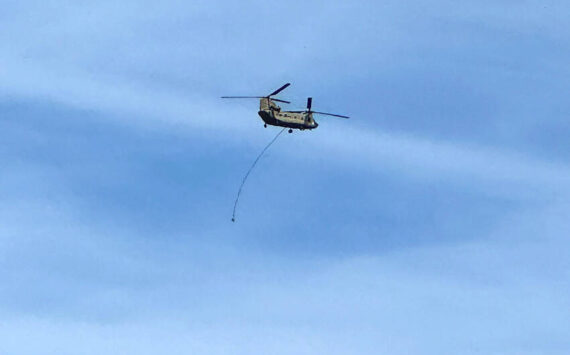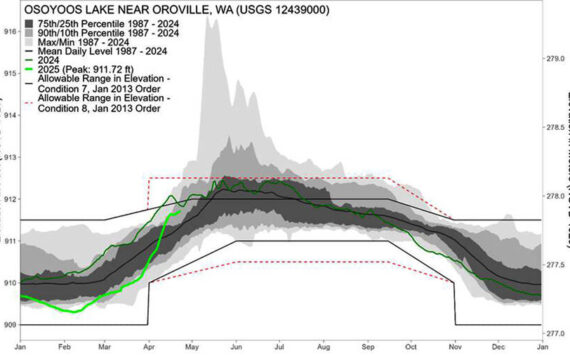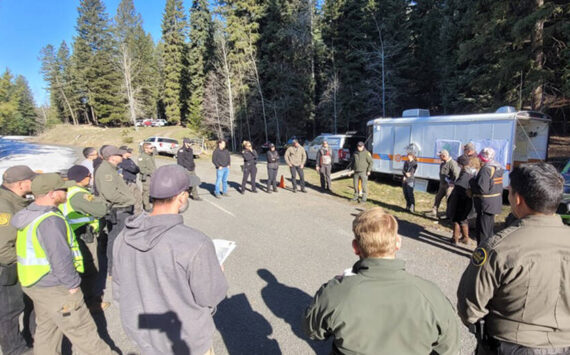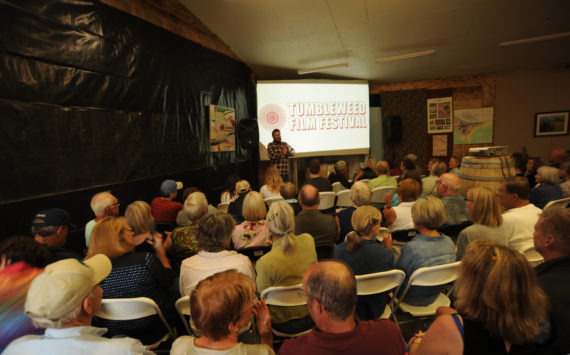State’s public places not so public anymore
Facing some major cuts, Washington State is again imposingfees for our state parks and recreation lands with a $30 annual charge onvehicle access. This time it’s called the “Discover Pass.”
Beginning July 1, the pass isrequired for vehicle access to recreation lands and water-access sites managedby the Washington State Parks and Recreation Commission, the state Departmentof Natural Resources (DNR) and the Washington Department of Fish and Wildlife(WDFW). State recreation lands include state parks, boat launches, heritagesites, wildlife and natural areas, campgrounds, trails and trailheads.
It was a bad idea when they did it before to our state parksand it’s a bad idea now. The access fee to public lands will effect us all, butespecially the poorest of our citizens, who may not have as much access torecreation and parks as those who are better off and can afford to travelfurther from home.
The “Discover Pass” takes what is best about public propertyand makes it not so public by imposing a fee. The threat by the state iswithout the fee they’ll have to close down state parks and recreation areas tothe public. We’ve heard the threats before when they said they’d close down 13state parks, including Lake Osoyoos Veterans Memorial in Oroville, while theywere still out buying more park land. Yes, our state is in debt up to it’sneck, but maybe we’d have less problems if the government agencies learned tomanage the property they already own, rather than buying every piece of landthey can get their hands on, whether there’s the money to do so or not.
On the July Fourth holiday weekend-the first few days ofDiscover Pass implementation-public education and compliance with the new passrequirement will be emphasized, according to agency officials. It’s anyone’sguess when the education on compliance will stop and the $99 penalties willstart, but it will be expensive if you get caught without your pass.
Hopefully, the public will react to the Discover Pass thesame way they did to the $5 daily fee they once charged to visit our stateparks and tell the governor and our legislators that public parks andrecreation sites should remain free. If Oroville’s taking over of VeteransMemorial Park has proven one thing, managing our public lands, in this case aformer state park, can be done at a much lower costs and just as well.






